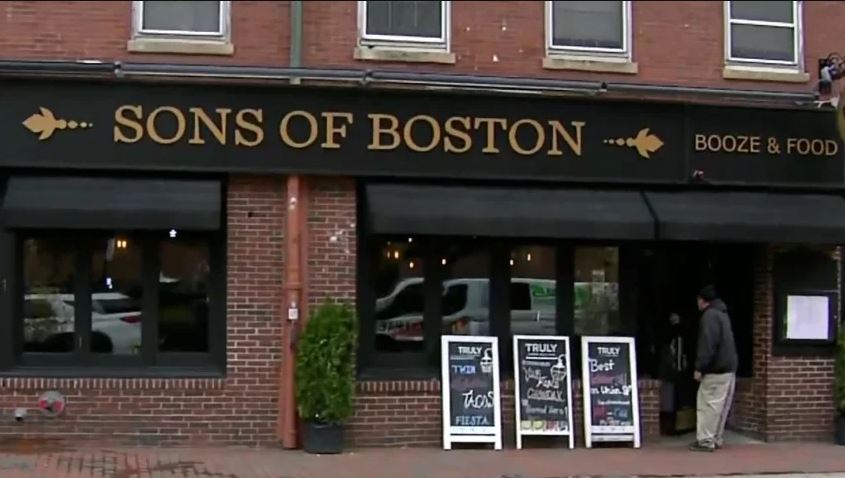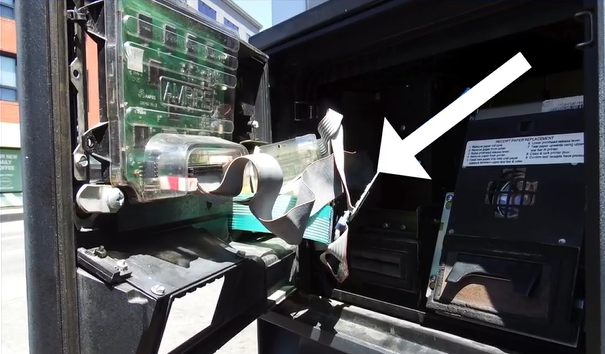Six public schools in Boston were found to have unsafe levels of lead in their drinking water after being tested.
Boston Public Schools Superintendent Tommy Chang issued a statement explaining that 30 school buildings in the city had been tested for lead. While 24 of those buildings were cleared, seven schools in six buildings were found to have higher levels of lead than the acceptable threshold set by the Massachusetts Department of Environmental Protection.
All of the schools were tested in the spring. Chang says the schools that failed the summer test had previously passed.
"These new results, indicating higher levels, are likely due to testing conditions in the summer that did not reflect typical fountain usage during the school year," Chang wrote.
"That's really shameful and it certainly should be corrected or it should be shut down and making sure the kids aren't drinking that water," said Elliot Schwartz of Boston's West Roxbury neighborhood.
"They're going to have to keep testing because that can't be, you can't have that," said Boston resident John Denapoli. "They're going to have to do what they have to do, if they have to change the pipes, they have to change the pipes."
"They have to figure out what's the source," added Bobbi Denapoli. "If the lead is in the pipes, then where else is it?"
The following schools failed:
- Boston Latin School
- Patrick Lyndon K-8 School
- Lee Academy School
- Josiah Quincy Elementary School
- F. Lyman Winship Elementary School
- Jeremiah E. Burke High School
- Dearborn STEM Academy
The water fountains in these buildings were deactivated and replaced by bottled water coolers.
Massachusetts
The latest news from around the state
A parent of two students at the Lyndon School told necn by phone he's at least pleased the district is shining a light on the problem.
"I think they're doing the best they can," said Ronak Shah. "I'm still hoping they get out of being reactive around it and doing a patchwork and sort of beginning to address having a long-term conversation."
The school district says it is working with health and water experts to try to determine a long-term solution, including exploring flushing methods and filtration systems.
Boston Public Schools dealt with lead problems throughout last school year.



